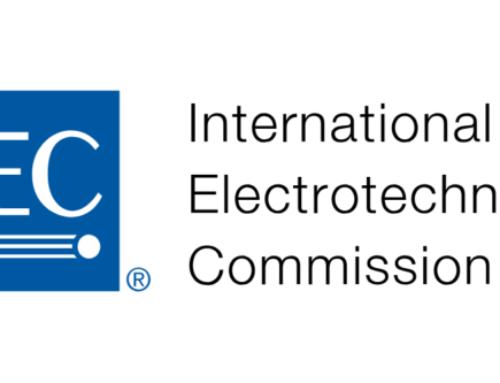On March 30, the National Medical Products Administration (NMPA) and the Standardization Administration of China (SAC) jointly issued the Opinions on Further Promoting the High-Quality Development of Medical Device Standardization. Aimed at further clarifying the main goals of the high-quality development of medical device standardization, the Opinions propose 19 tasks in 6 areas, including: (i) optimizing the standard system, (ii) strengthening the refined management of standards, (iii) strengthening the supervision and implementation of standards, (iv) improving the medical device standard organization system, (v) deepening international exchanges and cooperation, and (vi) improving standard technical support capabilities. The main takeaways from the documents are summarized as follows.
In terms of improving the structure of the standards system, the Opinions put forward the requirements to: comprehensively carry out evaluation of mandatory standards; continue to optimize mandatory standards for medical devices; strictly limit the scope of mandatory standards under formulation; and gradually transform mandatory sector standards that are widely applied and influential into mandatory national standards”.
In terms of standards management, the Opinions explicitly stipulate that efforts should made to: establish a standard update mechanism that is aligned with international standards; explore the synchronization of domestic standards and international standards; shorten the conversion cycle of international standards into national standards; strengthen the tracking, comparison and evaluation of international standards; and adopt international standards that are suitable for domestic applications, in order to improve the consistency of domestic and international standards”.
In terms of international cooperation and exchanges, the Opinions explicitly stipulate that efforts will be made to: recommend more experts to become registered experts of the International Standards Organization; encourage active participation in the formulation and revision of international standards, by presenting more international standard project proposals in the field of medical devices; and encourage the role that medical devices play in servicing and supporting the Belt and Road Initiative, by encouraging the formulation of national standards and sector standards in foreign languages, and by promoting cooperation and exchanges on medical device standards with neighboring countries.
In terms of departmental coordination, the Opinions point out that full play must be given to the role of the member units of the Inter-Ministry Joint Conference on Standardization Coordination and Promotion of the State Council, as the highest-level body leading medical device standardization, and at the same time strengthening the communication and coordination with the Ministry of Industry and Information Technology, the National Health Commission, and other relevant departments.
In terms of standard formulation, the Opinions point out the need to accelerate the advancement of common technology research and standard formulation work in the emerging fields of medical devices, such as medical robots, artificial intelligence, active implants, medical software, 5G industrial Internet, and multi-technology integration. At the same time, the establishment of standards for key core components of medical devices should be explored and promoted.
The full text of the document (in Chinese) is available at:
http://www.sac.gov.cn/sbgs/sytz/202104/P020210408587419741449.pdf




